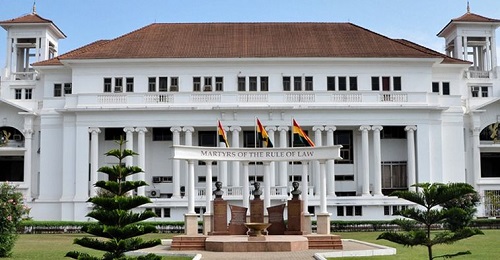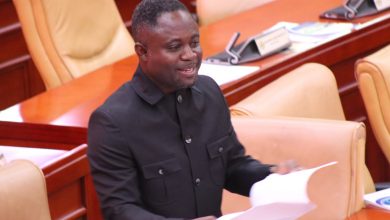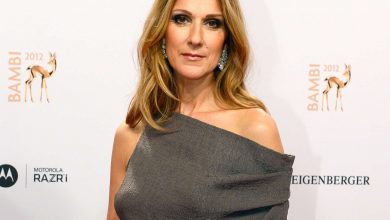Supreme Court upholds FDA’s prohibition on celebrity alcohol endorsements

The Supreme Court has dismissed a lawsuit seeking to declare the Food and Drugs Authority’s (FDA) guidelines prohibiting celebrities from advertising alcoholic beverages as unconstitutional.
In 2016, the FDA established guidelines for the advertisement of foods and beverages, stating that no well-known personality or professional shall be used in alcoholic beverage advertisements.
Mark Darlington Osae, manager for musicians Reggie N Bollie, challenged the directive, arguing that it is discriminatory and unconstitutional.
Osae filed the suit at the Supreme Court, requesting an injunction against the FDA and interpreting articles 17(1) and 17(2) of the constitution to mean that the directive is discriminatory.
However, in a 5-2 majority decision, the Supreme Court, presided over by Chief Justice Gertrude Torkonoo, upheld the constitutionality of the FDA’s directive.
Osae’s lawyer, Bobby Banso, argued that the FDA’s 2015 regulation banning celebrities from advertising alcohol discriminates against the creative arts industry.
The writ claimed that the FDA directive is inconsistent with and contravenes articles 17(1) and 17(2) of the 1992 Constitution, which guarantee equality before the law and prohibit discrimination based on social or economic status, occupation, among other grounds.
The writ also sought the following reliefs;
(a) A declaration that on a true and proper interpretation of Articles 17(1) and 17(2), which guarantee equality before the law and prohibit discrimination against persons on grounds of social or economic status, occupation, among others, Guideline 3.2.10 of the Guidelines for the Advertisement of Foods published by the 1st Defendant on February 1, 2016, which provides that “No well-known personality or professional shall be used in alcoholic beverage advertising,” is discriminatory, inconsistent with, and in contravention of Articles 17(1) and 17(2) of the 1992 Constitution, and thus unconstitutional.
(b) A declaration that on a true and proper interpretation of Articles 17(1) and 17(2), Guideline 3.2.10 of the Guidelines for the Advertisement of Foods published by the 1st Defendant on February 1, 2016, which prohibits well-known personalities and professionals from advertising alcoholic products, is inconsistent with and in contravention of Articles 17(1) and 17(2) of the 1992 Constitution, which guarantee equality before the law and prohibit discrimination against persons on grounds of social or economic status, occupation, among others, and consequently null, void, and unenforceable.
(c) An order striking down Guideline 3.2.10 of the Guidelines for the Advertisement of Foods published by the 1st Defendant on February 1, 2016, as being inconsistent with and in contravention of the letter and spirit of the 1992 Constitution, and as such nullified.
(d) An order of perpetual injunction restraining the Defendants, their agents, servants, or assigns under the pretext of acting under Guideline 3.2.10 of the Guidelines for the Advertisement of Foods published by the 1st Defendant on February 1, 2016, from doing anything to prevent any well-known personality or professional from advertising alcoholic products.
Several notable figures in the creative industry, including Wendy Shay, Shatta Wale, Brother Sammy, Kuami Eugene, and Camidoh, have voiced their opposition to the directive.
They argue that endorsing alcoholic beverages is a crucial income stream for the creative arts industry, and the ban adversely affects their livelihoods.





